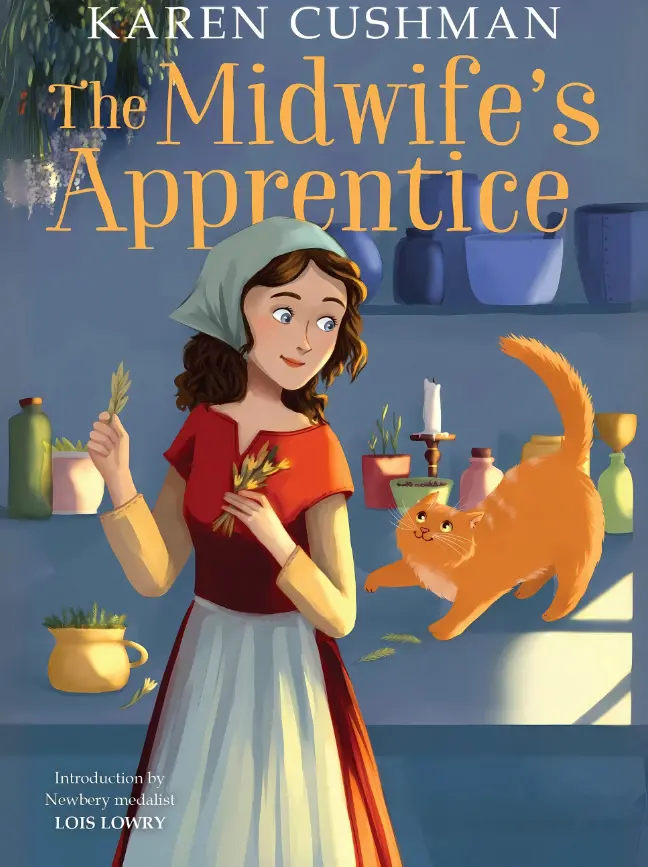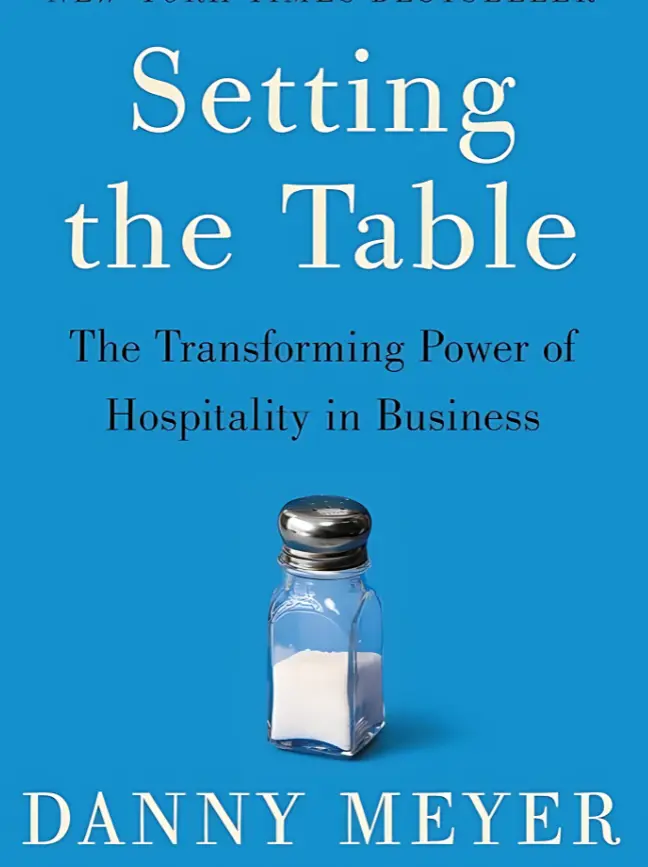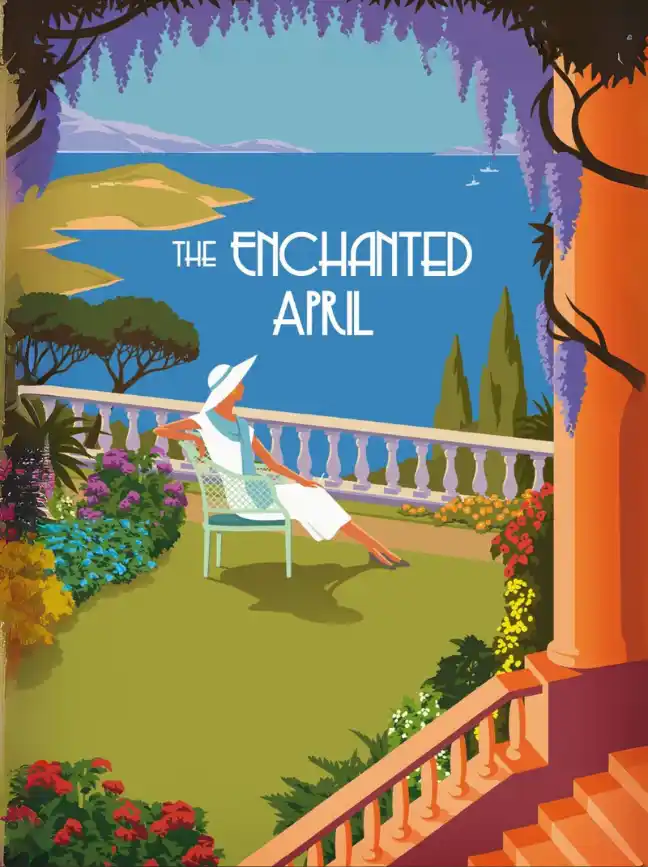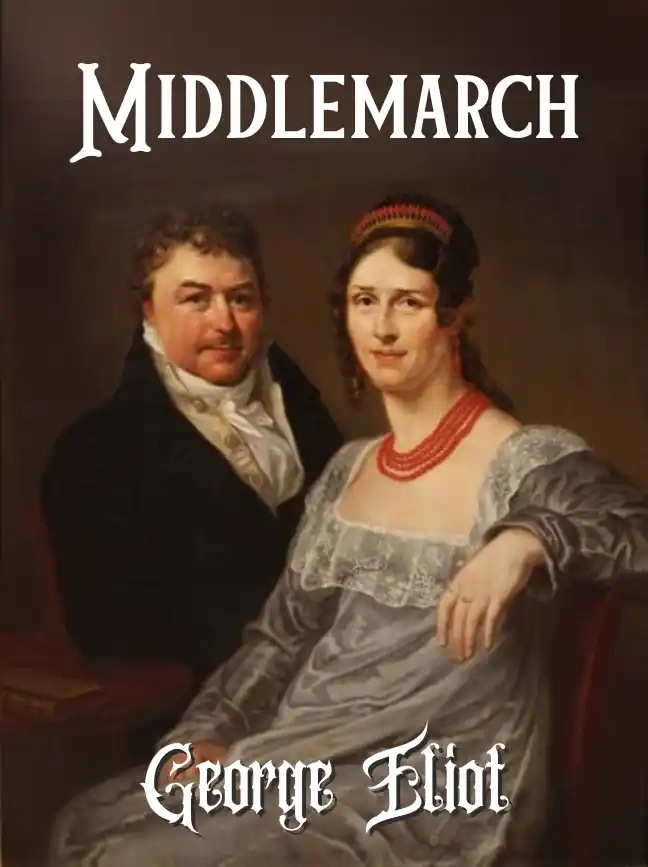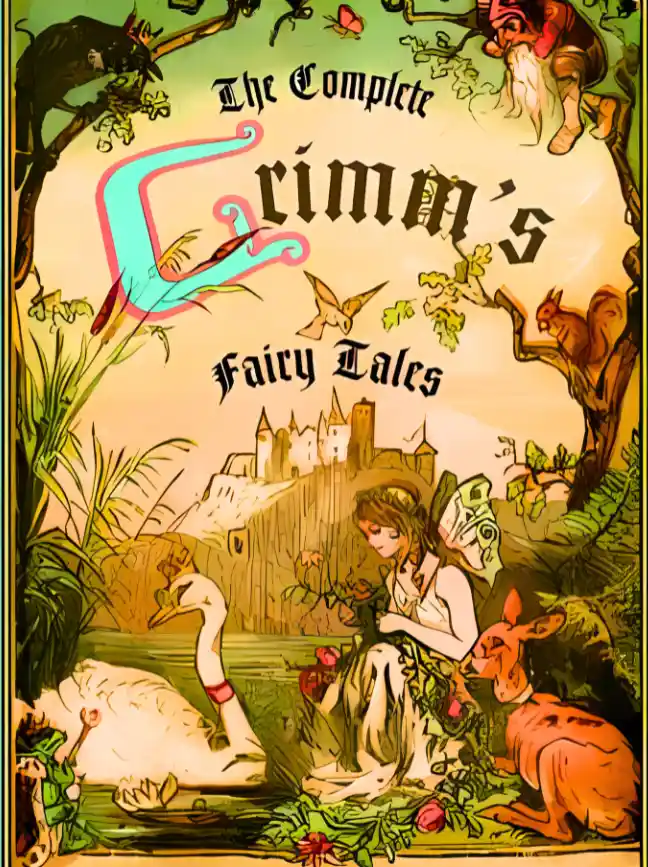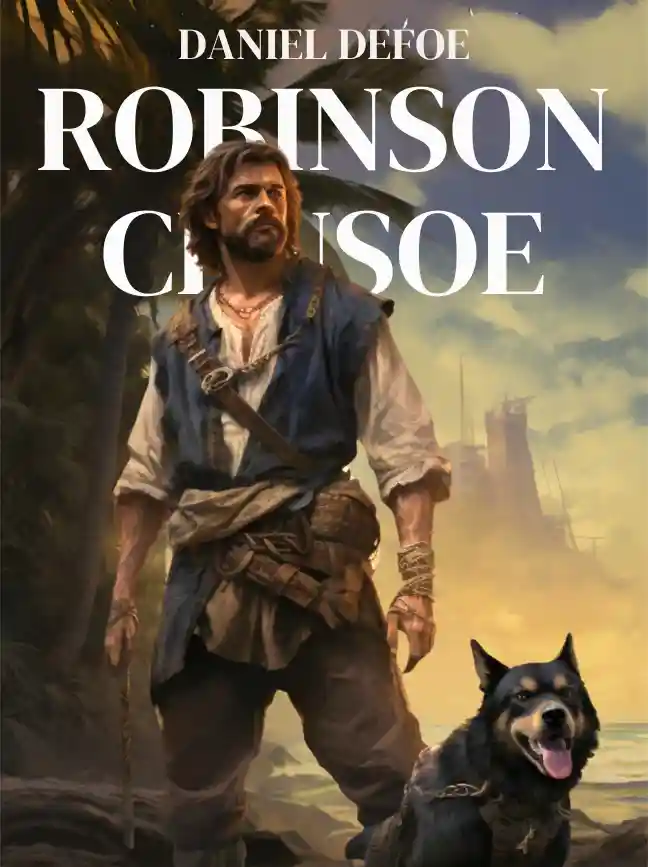“B
reathe. Just breathe,” he told her.
He was a voice. She couldn’t see him well, because the pain blurred her eyes and the tears didn’t help in that regard. He held her hair back as she vomited and helped her stand up. Black and gold specks danced under her eyelids when she closed them. She’d never felt this sick in her life.
“I’ll die,” she croaked.
“You won’t,” he assured her.
Hadn’t she died? She thought she had. There had been blood and bile in her mouth.
She stared at the man. She thought she knew him, but his name escaped her. She was having trouble thinking, remembering, separating her thoughts from other thoughts. Other memories. Who was she?
Doyle, she’d been Doyle, and Doyle had killed all those people, burned them all.
The snake, it bites its tail.
The young, skinny man walked her out of the bathroom and pressed a glass of water against her lips.
She lay on the bed and turned her head. Francis sat on a chair, close to her, dabbing the sweat that beaded her forehead. Francis, yes. And she was Noemí Taboada, and this was High Place. It came back to her, the horror she’d been subjected to, the bloated body of Howard Doyle and his spit in her mouth.
She recoiled. Francis froze, then slowly handed her the handkerchief he’d been holding. She clutched it in one hand.
“What did you do to me?” she asked. It hurt to speak. Her throat felt scratchy. She recalled the filth that had poured into her mouth, and she suddenly wished to run into the bathroom again, to vomit her guts out.
“Do you need to get up?” he asked, readying a hand to help her. “No,” she said, knowing she couldn’t reach the bathroom on her
own, but also not wanting him to touch her.
He slid his hands into his jacket’s pockets. The corduroy jacket she’d thought looked good on him. The bastard. She regretted every nice thing she’d ever thought of him.
“I’m supposed to explain,” he said, his voice quiet.
“How the hell are you explaining that?! Howard…he…you…how?” Christ. She couldn’t even put it into words. The damn horror of it.
Of the black bile in her mouth and then the vision she’d had.
“I’ll tell you the story and then you can ask me questions. I think that would be the easiest thing,” he said.
Noemí didn’t want to do any talking. She didn’t think she could talk much, even if she tried. Better to let him speak, even if she felt like punching him. She was so tired, so sick.
“I suppose now you realize we are not like other people and this house is not like other houses. A long time ago, Howard, he found a fungus which is able to extend human life quite a bit. It can cure diseases; it keeps you healthy.”
“I saw that. I saw him,” she muttered.
“You did?” Francis replied. “I suppose you entered the gloom.
How deep have you gone into it?”
She stared at him. He was confusing her more. He shook his head.
“The fungus, it runs under the house, all the way to the cemetery and back. It’s in the walls. Like a giant spider’s web. In that web we can preserve memories, thoughts, caught like the flies that wander into a real web. We call that repository of our thoughts, of our memories, the gloom.”
“How is that possible?”
“Fungi can enter into symbiotic relationships with host plants. Mycorrhiza. Well, it turns out that it can also have a symbiotic relationship with humans. The mycorrhiza in this house creates the gloom.”
“You have access to ancestral memories because of a fungus.” “Yes. Only some of them are not full memories; you get faint
echoes and they’re jumbled.”
Like not being able to tune to a radio station, she thought. Noemí looked at the corner on the wall that was defaced by the black mold. “I’ve seen and dreamt very strange things. Are you telling me the house has done that? Because there’s a fungus running inside of it?”
“Yes.”
“Why would it do that to me?”
“It wouldn’t be intentional. I guess it’s in its nature.”
Every damn vision she had experienced had been terrifying. Whatever this thing’s nature was, she couldn’t begin to understand it. A nightmare. That’s what it was. A living nightmare, sins and malevolent secrets fastened together.
“Then I was right about your house being haunted. And my cousin is not insane, she’s simply seen this gloom.”
Francis nodded, and Noemí chuckled. No wonder Francis had been so agitated when she had suggested there was a rational explanation to Catalina’s strange behavior and her talk of ghosts. Not that she would have guessed it was all connected to mushrooms.
She glanced at the oil lamp burning by her bedside and realized she had no idea how much time had passed. How long she’d been in the gloom. It could have been hours, it could have been days. She couldn’t hear the patter of the rain anymore.
“What did Howard Doyle do to me?” she asked.
“The fungus is in the walls of the house and it’s in the air. You don’t realize it, but you’re breathing it in. Slowly, it has an effect on
you. But if you come in contact with it in other ways, the effect can accelerate.”
“What did he do to me?” she repeated.
“Most people who come in contact with this fungus die. That’s what happened to the workers in the mine. It killed them, some faster than others. But obviously not everyone perishes. Some people are more resistant to it. If they don’t die, though, it can still affect their mind.”
“Like Catalina?”
“Sometimes a little and sometimes worse than Catalina. It can burn out your own self. Our servants, you might have noticed they don’t talk much. There’s very little of them left. It’s almost like their mind has been carved out.”
“That’s not possible.”
Francis shook his head. “Have you ever known an alcoholic? It affects their brain, and so does this.”
“Are you telling me that’s what’s going to happen to Catalina? To me?”
“No!” Francis said quickly. “No, no. They’re a special case, Great Uncle Howard calls them his bondservants, and the miners, they were mulch. But you can have a symbiotic relationship with the fungus. None of that will happen to you.”
“What will happen to me?”
Francis’s hands were still firmly in his pockets, but he was fidgeting. She could tell, the fingers clenching and unclenching. He was looking down at the cover on her bed.
“I’ve told you about the gloom. I haven’t told you about the bloodline. We’re special. The fungus bonds with us, it’s not noxious. It can even make us immortal. Howard has lived many lives, in many different bodies. He transfers his consciousness to the gloom and then from the gloom he can live again, in the body of one of his children.”
“He possesses his children?” Noemí said.
“No…he becomes…they become him…they become someone new. Only the children, it goes down the bloodline. And for generations the bloodline has been kept isolated, to ensure we were all able to interact with the fungus, that we would keep this symbiotic relationship. No outsiders.”
“Incest. He married two women who were sisters, and he was going to marry Ruth to her cousin, and before that he must have…his sisters,” Noemí said, suddenly remembering the vision she’d had. The two young women. “He had two sisters. God, he had children with them.”
“Yes.”
The Doyle look. All the people in those portraits. “How far back?” Noemí asked. “How old is he? How many generations?”
“I don’t know. Three hundred years, maybe more.”
“Three hundred years. Marrying his own kin, having children with them, then transferring his mind into one of their bodies. Over and over again. And all of you? You allow this?”
“We have no choice. He’s a god.”
“You have a damn choice! And that sick fuck is not a god!”
Francis stared at her. He had taken his hands out of his pockets and was now clutching them together. He looked tired. Slowly he slid a hand up and touched his forehead; he shook his head.
“He is to us,” he said. “And he wants you to be part of our family.” “Then that’s why he poured that black sludge down my throat.” “They were afraid you were going to leave. They couldn’t let you
do that. Now you won’t be able to go anywhere.”
“I don’t want to be part of your god damn family, Francis,” she said. “And believe me, I’m going to go back home and I’m going to—” “It won’t let you go. My father, I don’t think I told you about him,
did I?”
She had been looking at the black marks on the wall, the mold in the corner of her room, but she slowly turned her head to look at him. He had taken out a little portrait from his pocket. This is what
he clutched in his hand, she thought. The little picture nestling in his jacket’s pocket.
“Richard,” Francis whispered, allowing her to look at the black- and-white photograph of a man. “His name was Richard.”
The sharpness of Francis’s sallow face vaguely reminded her of Virgil Doyle, but now she could see the traces of his father: the pointed chin, the broad forehead.
“Ruth caused a lot of damage. It wasn’t just the people she killed; she hurt Howard very badly. No normal man would have survived after she shot him, not the way she did it. He survived. But his grip, his power, decreased. That’s why we lost all our workers.”
“They were all hypnotized? Like your three servants?”
“No. Not quite. He couldn’t possibly manipulate that many people at once. It was a more subtle push and pull. It affected them, though. The house, the fungus, it affected the miners. It was a fog that could dull your senses when he needed it.”
“What about your father?” she asked, handing him back the portrait, which he tucked in his pocket.
“After Howard was shot, he slowly began to heal himself. It has been hard, in recent generations, for the family to have children. When my mother came of age, Howard tried to…but he was too old, too damaged, to give her a child. And there were other troubles too.”
His niece. He tried to have a child with his niece, Noemí thought, and the fleeting idea of that hideous thing she’d seen naked laboring over a woman, pressing its emaciated body against Florence, made her want to hurl again. She pressed the handkerchief to her mouth.
“Noemí?” Francis asked.
“What troubles?” she replied, urging him on.
“Money. The remaining workers all left when Howard’s control over them snapped, and there was no one to watch the mine, so it flooded. There was no money coming in, and the Revolution had already ruined much of our finances. They needed money and they needed children. Otherwise, what would happen to the bloodline? My mother found my father, and she thought he’d do. He had a little
money. Not a huge fortune, but enough to tide us over, and most important she thought he could get her with child. He came to live here, to High Place. They had me. I was a boy, but the idea was that he might give her more children, that he might give her girls.
“The gloom, it affected him. He felt himself going mad. He wanted to leave, but he couldn’t. He never could get far. He threw himself down a ravine in the end. If you fight it, then it will hurt. It will be bad,” Francis warned her. “But if you obey, if you bond with it, if you agree to be part of the family, then it will be fine.”
“Catalina fights it, doesn’t she?”
“Yes,” Francis admitted. “But it’s also that she is not…she’s not quite as compatible—”
Noemí shook her head. “What makes you think I’ll comply any more than she has?”
“You’re compatible. Virgil, he picked Catalina because he knew she’d be compatible, but when you came here, it became obvious you’re even more suitable than her. I guess they hope you’ll be more understanding.”
“That I’ll be happy to join your family. That I’ll be happy to what?
Give you my money? Maybe give you children?” “Yes. Yes, to both.”
“You’re a pack of monsters. And you! I trusted you.”
He stared at her intently, his mouth quivering. She thought he might cry. It made her furious. That he should be the one breaking down and weeping. Don’t you dare, she thought.
“I’m so sorry.”
“Sorry! You god damn bastard!” she yelled, and despite the fact that her body still throbbed with a horrible, dull pain she stood up.
“I am sorry. I didn’t want this,” he said, pushing his chair back, getting up too.
“Then help me! Get me out of here!” “I can’t.”
She hit him. It wasn’t a good punch, and as soon as she threw it she thought she was going to collapse on the floor. It robbed her of all strength, and she felt suddenly boneless. If he hadn’t caught her, surely she’d have cracked her head open. Yet she scrambled against him, trying to shove him off.
“Let go,” she demanded, but her voice was muffled against the folds of his jacket. She couldn’t pull her head up.
“You need to rest. I’ll think of a solution, but you need to rest,” he whispered.
“Go to hell!”
He deposited her carefully on the bed again, pulling the covers up, and she wanted to tell him to go to hell one last time, but her eyes were closing, and in the corner of the room the mold was beating like a heart, stretching out, making the wallpaper ripple. The floorboards also swayed, trembling like the skin of a living thing.
A great snake rose from under the floorboards, slick and black, and slid over the covers. Noemí stared at it as it touched her legs, its skin cool against her feverish flesh, and she didn’t move, fearing it would rear its head back and bite her. And upon the snake’s skin there were a thousand tiny little growths, tiny pulsating points, which quivered and unleashed spores.
It’s another dream, she thought. It’s the gloom, and the gloom isn’t real.
But she didn’t want to see this, she didn’t want to, and she moved her legs at last, trying to kick the thing away. When she touched the snake its skin split open, and it was white and dead, the carcass of a snake ravaged by decay. Life teemed upon this white corpse, mold blooming all over it.
Et Verbum caro factum est, said the snake.
She was on her knees now. The chamber was cold and made of stone. It was dark; there were no windows. They’d set candles upon an altar, but it was still much too dark. The altar was more elaborate than the one she’d spied in the caves. The table was covered with a
red velvet cloth and silver candelabra. But it was still dark and humid and cold.
Howard Doyle had added tapestries too. Red and black, the ouroboros displayed on them. Pageantry, Doyle understood pageantry was an important part of this game. There he was, Doyle, clad in crimson. Next to him stood the woman from the caves, heavily pregnant, and looking ill.
Et Verbum caro factum est, the snake told her, whispering secrets in her ear. The snake was gone, but she could still hear it. It had a peculiar, hoarse voice, and Noemí had no idea what it was telling her.
Two women were helping her down a dais, to lie down at the foot of the altar. Two blond women. She’d seen them too, before. The sisters. And she’d seen this ritual before. In the cemetery. The woman giving birth in the cemetery.
Birth. The child cried out, and Doyle held the child. And then she knew.
Et Verbum caro factum est.
She knew what she had not properly seen in her previous dreams, and she did not wish to see now, but there it was. The knife and the child. Noemí closed her eyes, but even behind her eyelids she saw it all, crimson and black and the child torn apart and they were eating him.
Flesh of the gods.
They held their hands up, and Doyle deposited bits of flesh, bits of bone, into their hands and they chewed this pale meat.
They’d done this before, in the caves. But it had been the priests, when they died, who offered their flesh. Doyle had perfected the ritual. Clever Doyle, who was well learned, and had read plenty of books on theology, biology, medicine, looking for answers, and now he’d found them.
Noemí’s eyes were still closed, and the woman’s eyes were closed too. They pressed a cloth against her face, and Noemí thought they would kill the woman now, they would also cut up her body and
ingest it. But she was wrong on this point. They swaddled the body. Swaddled it tight, and there was a pit by the altar, and they were throwing her into it but she was alive.
She’s not dead, Noemí told them. But it didn’t matter. It was a memory.
It was necessary, always is. The fungus would erupt up, from her body, up through the soil, weaving itself into the walls, extending itself into the foundations of the building. And the gloom needed a mind. It needed her. The gloom was alive. It was alive in more than one way; at its rotten core there was the corpse of a woman, her limbs twisted, her hair brittle against the skull. And the corpse stretched its jaws open, screaming inside the earth, and from her dried lips emerged the pale mushroom.
The priest would have sacrificed himself: part of the body devoured, the rest buried. Life erupting from those remains, and the congregation tied to him. Tied ultimately to their god. But Doyle was no fool who would offer himself in sacrifice.
Doyle could be a god without having to obey their arcane, foolish rules.
Doyle was a god.
Doyle existed, persisted. Doyle always is.
Monsters. Monstrum, ah, is that what you think of me, Noemí?
“Have you seen enough, curious girl?” Doyle asked.
He was playing cards in a corner of her room. She watched his wrinkled hands, the amber ring upon his index finger flashing bright under the light of the candles as he shuffled the cards. He raised his head to look at her. She stared at him. It was the Doyle of now. Howard Doyle, his spine bent, his breath labored. He placed three cards down, carefully turning each one. A knight with a sword and a page holding a coin. She could see, through the thin shirt he wore, the black boils dotting his back.
“Why do you show me this?” she asked.
“The house shows you. The house loves you. Are you enjoying our hospitality? Would you like to play with me?” he asked.
“No.”
“A pity,” he said, revealing the third card: a single, empty cup. “You’ll still renounce yourself in the end. You’re already like us, you’re family. You don’t know it.”
“You don’t scare me, you piece of shit monster, with your dreams and your tricks. This isn’t real, and you’ll never keep me here.”
“You really think that?” he asked, and the boils rippled down his back. A trickle of black liquid, as black as ink, dripped onto the floor beneath him. “I can make you do anything I want.”
He sliced one of the pustules in his hands with a long nail, pressing it against a silver cup—it looked like the goblet in the card he’d been holding—and it broke, filling the cup with a foul liquid. “Have a drink,” he said, and for a second she felt compelled to step forward and take a sip, before revulsion and alarm froze her limbs.
He smiled. He was trying to show her his power; even in dreams he was the master.
“I’ll kill you when I wake up. Give me a chance, I’ll kill you,” she swore.
She threw herself at him, sinking her fingers into his flesh, wringing the thin neck. It was like parchment, it tore beneath her hands, muscle and blood vessels showing. He grinned at her, with Virgil’s brutish smile. He was Virgil. She squeezed harder, and then he was pushing her back, his thumb pressing against her lips, against her teeth.
Francis looked at her, his eyes wide with pain, his hand sliding down. She let go of him and stepped back. Francis opened his mouth, to plead with her, and a hundred maggots crawled out of his maw.
Worms, stems, the snake in the grass rose and wrapped itself around Noemí’s neck.
You’re ours, like it or not. You’re ours and you’re us.
She tried to peel the snake off her, but it knotted itself tight, digging into her flesh, and it opened its jaws, ready to devour her
whole. Noemí dug her nails into the snake, and it whispered “Et Verbum caro factum est.”
But a woman’s voice also spoke, and she said, “Open your eyes.”
I must remember that, she thought. I must remember to open my eyes.


